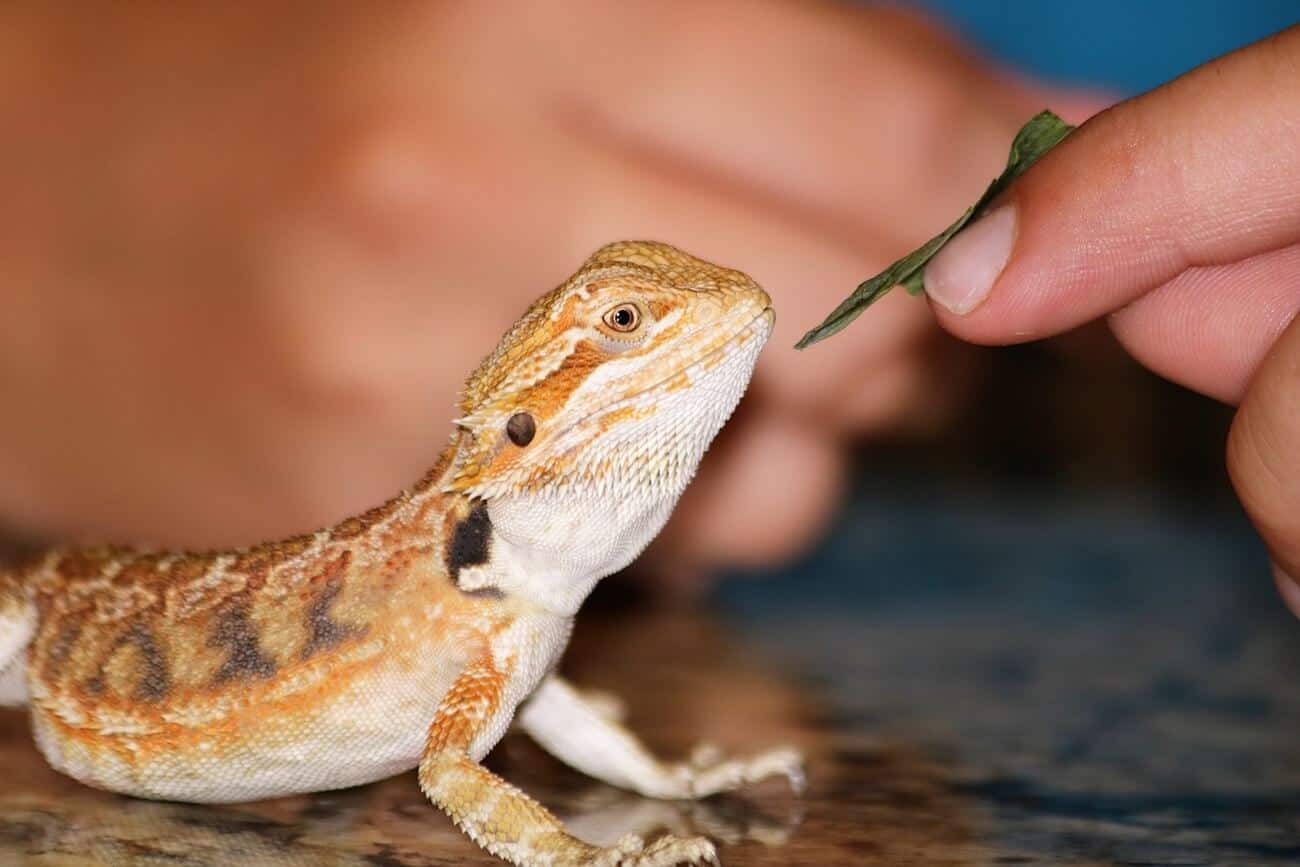A Bearded dragon is an omnivore and eats various bugs, fruits, and vegetables. These lizards are typically enthusiastic about eating and have one solid desire for treats. A bearded dragon who is not consuming can be a reason to worry and indicate a more significant health issue. Like any other pet, these lizards can develop health issues from poor husbandry and care and an inappropriate diet. The most typical indication of an unfit bearded Dragon is a deficiency of appetite. Keep on reading to understand why my bearded dragon is not eating food?
Table of Contents
Minor and Major Injury
A bearded dragon is likely to pause eating, specifically if the wound is nasty. Infected or serious injuries must always be taken care of by the vet. There are many potential reasons behind any injury, even though the vast majority of them are prevented.
Vitamin Insufficiency
A bearded dragon needs a ton of vitamins to be healthy. Vitamin B1, E, and A are essential to its diet. A deficiency of Vitamin E can generate a lack of appetite, yet it is pretty rare.
Vitamin D is the component that most bearded dragons are deficient in. The supplements of Calcium are often blended with vitamin D3. So dusting the food with the calcium supplement will eliminate any deficiency.
Wrong Diet
A typical reason for not eating a bearded dragon is offering the incorrect foods. Any Bearded dragon is one omnivore insectivore. This indicates it consumes mostly plants yet gets most of its protein from bugs. The keeper must not offer foods such as pepper onions, dead insects, dairy meat, and fish.
Completely grown ones require a diet of 75 percent plants and 25 percent insects. Offering too many live insects can conclude in impaction and constipation. Juveniles require more bugs than vegetables yet, but they must not be fed bugs high in a component called chitin, such as mealworms. These bugs have more rigid shells and can also generate intestinal blockages. Eventually, not every bearded dragon is going to prefer the same treats.
Cold Temperature In The Tank
A Bearded dragon is one native creature to the Australian scrublands and is treated as a kind of dessert. If the bearded dragon is not consuming consistently, then tank temperature is the 1st thing any keeper must check.
A dragon continuously exposed to temperatures that are too cold can have a problem digesting the food. It can also develop a weak immune system.
A bearded dragon needs one basking area between 95 degrees Fahrenheit and 105 degrees Fahrenheit. The temperature at night must not be below 75 degrees Fahrenheit, yet that can be reduced a little during brumation. Levels of temperature must be checked with one thermometer at least two times a day to ensure the bearded pet dragon remains within the correct range to be comfortable and healthy.
Apart from the main reasons mentioned above, a bearded dragon can also pause intake because of stress, parasites, impaction, shedding, brumation, etc. After noticing the pause, a keeper must visit the vet to realize why my bearded dragon is not eating food?
